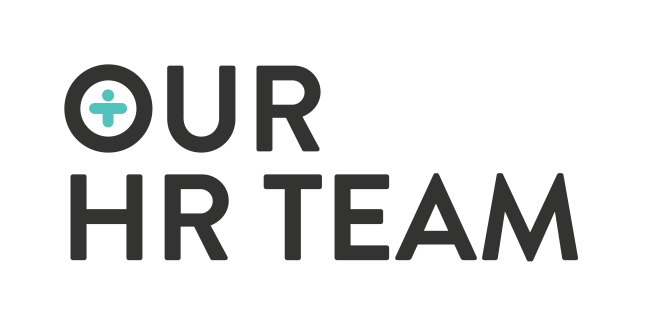A job interview: it’s the universally preferred method of candidate selection for hiring managers and HR professionals across the globe.
Who hasn’t walked out of a great interview with an enthusiastic, likeable candidate who listened attentively while you outlined all the great reasons they should come and work for your company, and seemed to tick all the boxes as far as interest and enthusiasm were concerned, thinking they’d found the ideal recruit.
What a disappointment then to discover when they start in their new role, they aren’t very good at the job.
The problem is many job interviews follow an unstructured almost conversational format, based mostly on what the hiring manager thinks is relevant or interesting. Interrogating a candidate’s skills and experience against the key competencies of the role often gets lost.
Add to that the pressure managers are under to fill a role quickly, and candidate bias that means if they’re culturally similar to you, you’ll favour them, and it’s no surprise that unstructured interviews are a poor measure of candidate capability.
Instead, hiring managers should rely on tools that give a better indication of likely future performance, and adopt a structured interview format to help eliminate some of the common biases that might stop you hiring the best person for the job.
Work Sample Tests
The best way to tell if someone can do the job is to get them to do the job.
Simulating that with work sample tests is the next best thing, based on the premise that the best predictor of future behaviour is seeing how someone performs in similar conditions.
Essentially, it’s getting a candidate to perform tasks similar to the ones they will be expected to perform in the job. So, for example, trainee teachers are assessed while they teach a class.
There are pros and cons with this selection technique. While it’s reliable, tends to be accurate and is difficult for candidates to fake, it can be costly, only really evaluates tasks that take place in the short term, and doesn’t measure aptitude for more difficult tasks that might be encountered in the role.
Structured interviews
A recent article in the Harvard Business Review says structured interviews are not always popular with hiring managers because they can be overconfident about their expertise, and dislike any approach that might seem to defer human judgement to an automated assessment.
They advocate work sample tests followed by structured interviews that pose the same set of questions to each candidate giving everyone an equal opportunity to display knowledge, skills, and abilities and allowing clearer comparisons.
While unstructured interviews are littered with bias and irrelevant information, structured interviews are more reliable, valid, legally defensible and perceived as fair.
They reduce bias since candidates are evaluated on job-related questions, based on an analysis of job duties and requirements and if they use pre-determined rating scales to evaluate answers they can reduce disagreement among interviewers. They can also help candidates get a more realistic perspective of the job and help self-screening
Behavioural based questions assess both actual and hypothetical responses to possible on-the-job situations to help assess potential performance. They should be used along with specific questions that address job knowledge, qualifications and experience.
When using a structured approach answers should be scored immediately to remove the risk of less vivid but equally strong answers being marked down.
And all candidate responses should be compared for each question before moving on to the next. This will limit the likelihood that previous answers influence the scores on subsequent questions for individual candidates.
Adopting a structured approach will not only give you a better candidate outcome but over time recruitment will be more efficient as hiring managers become more familiar with the accepted process for recruiting new staff.
It will also save you money since some estimates predict the cost of a bad hire could be more than their annual salary.
Our HR Team can help you develop structured behavioural interview questions that eliminate bias and make sure you recruit the right team members for your organisation.
Talk to Our HR Team today about the recruitment services we offer.
